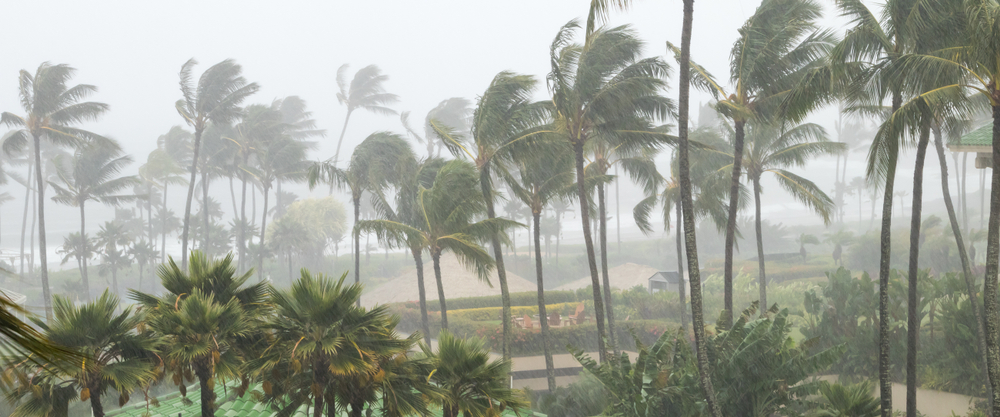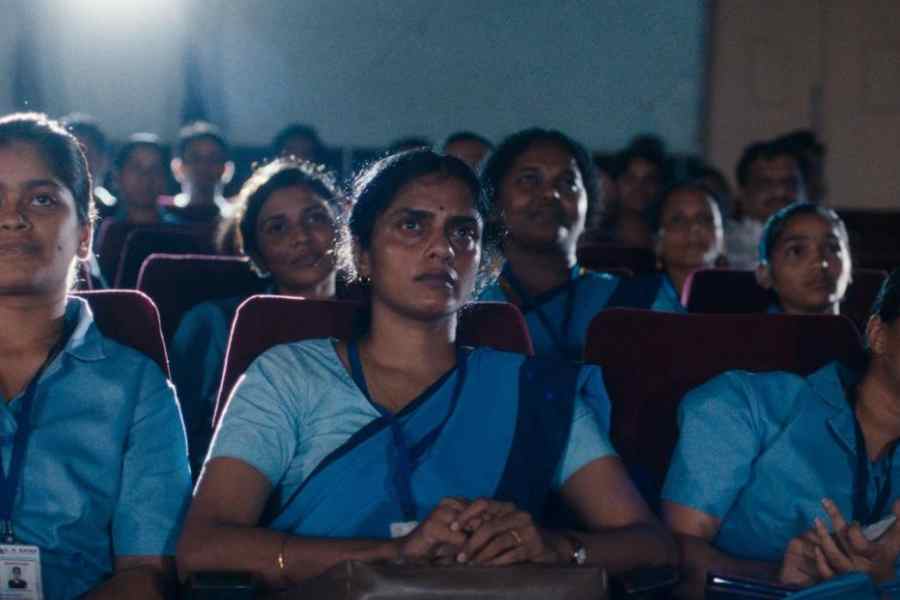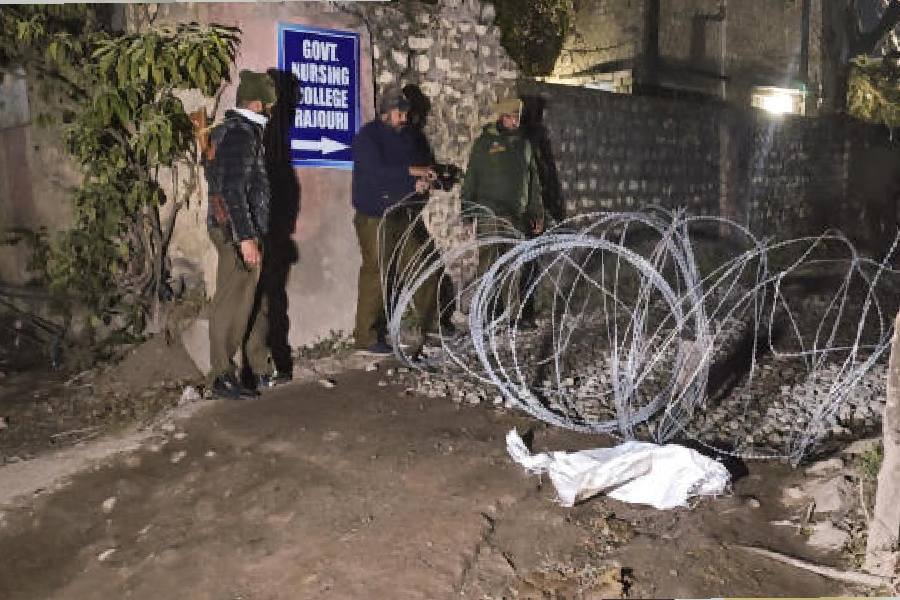Sir — While Cyclone Bulbul disrupted life along the eastern coast of India, eight countries in the subcontinent have more than the damage caused by it on their minds. Bangladesh, India, Maldives, Myanmar, Oman, Pakistan, Sri Lanka and Thailand form a committee that suggests names for cyclones originating in the Bay of Bengal area. All but two names have been exhausted in the list of 64 prepared in 2004. The countries will now have to put their heads together to come up with more names. One wishes they were as cooperative about diplomatic matters as they are about inclement weather.
Aditya Bannerjee,
Gurgaon
Rooted out
Sir — The film, Hirak Rajar Deshe, had a striking dialogue uttered by the despotic king: “ora joto jaane, toto kom maane (the more they learn, the less they obey)”. This is what comes to mind when one hears that Krishan Chander’s “Jamun Ka Ped” has been forced out of the ICSE syllabus. Clearly the powers that be do not want students to learn to distinguish between right and wrong. Such omissions have taken place in countries across the world over the ages. The aim is to create an obedient citizenry that will not question the government.
It is the job of a good author to expose the ills that ail society. If Chander’s work seems offensive now, can Rabindranath Tagore’s “Rakta Karabi” be far behind, talking as it does of oppression of humanity by greed and power. But the real question is whether people will allow the government’s whims to stop the flow of the clear stream of reason. The answer is not far to seek.
Abhijit Chakraborty,
Howrah
Sir — It is clear that Krishan Chander’s short story has been removed from the syllabus barely three months before the board exams because it cuts too close to the bone for comfort. The story reflects the tendency of the present government to over-centralize decision-making. The authorities may omit the story, but do they think that by doing so they can hide their inefficiency? Truth may be bitter and hidden away as a result, but in the end it will triumph.
Asit Kumar Mitra,
Calcutta
Sir — Lethargy and passing the buck have been the hallmarks of Indian bureaucracy. This is exactly what the author, Krishan Chander, has depicted in “Jamun Ka Ped”. Although it was written in the 1960s, it is also perfectly synonymous with the functioning of the present political dispensation. There is no denying that all ministers have become ornamental and every decision seems to need approval from the Prime Minister’s Office. This over-centralization only delays projects, even ones that are urgent. In the post-truth world, it is unsurprising that the bitter truth in Chander’s story could not be digested.
Sukhamay Biswas,
Calcutta
Sir — The dropping of Krishan Chander’s story from the ICSE syllabus shows that anything that highlights the harsh reality of our country will no longer be tolerated. Although the Council for the Indian School Certificate Examinations has not cited a reason for scrapping the story, it seems obvious that it is acting on the behest of the State. If the removal was indeed undertaken because officials found the story critical of the present establishment, then it would not be an exaggeration to say that our fundamental rights are in grave danger.
Yousuf Iqbal,
Calcutta
Lengthy path
Sir — There are no shortcuts to success when it comes to fighting the spectre of malnutrition in India. Yet, from time to time, proposals like providing food grains fortified with vitamins and minerals through the public distribution system or giving those with severe acute malnutrition ready-to-eat therapeutic food are considered. This overlooks several factors that contribute to malnutrition. Indeed, the lack of a balanced meal — or just one square meal a day — is a large part of the problem.
Even when a child does consume a balanced meal, he or she will only derive nutritional benefits from it when the body has the ability to absorb nutrients from the food. Children living in unsanitary conditions are often suffering from diarrhoea, a condition where all nutrients consumed are passed out of the body.
Further, given the poor position of women in many households, the lion’s share of the fortified food grains will be consumed by the men and the boys. How then will malnutrition among women and girls be tackled? If the latter remain undernourished, any children they bear will also be bear the burden of malnutrition.
Antara Sen,
Calcutta










